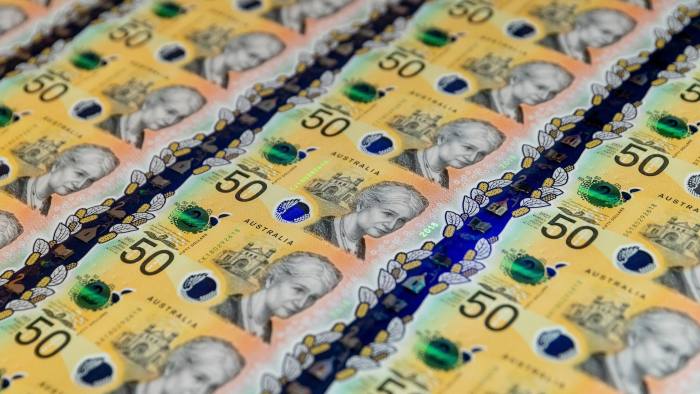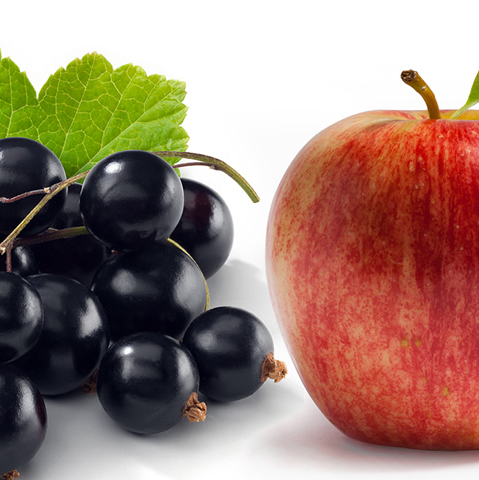Nigeria’s D’Tigers suffered a 67-84 defeat to the Boomers of Australia in their first Group B preliminary game of the Tokyo Olympics at the Saitama Arena on Sunday.
According to reports that D’Tigers came into the game in high spirits after earning historic victories over Team U.S and Argentina recently in exhibition games.
Nigeria had however lost to Australia in their final exhibition game by a huge margin of 39 points (108-69) several days ago, for a reality check for the team coming into the Olympics.
This time, the game started with the D’Tigers looking the sharper of the two teams as they raced to a 4-0 lead in a blink of an eye.
The resilient Australians, however came back at 4-4 for a ding-dong affair from then on.
The Nigerians, led by Miami Heat point-guard Gabe Vincent, were impressive, matching the Boomers for strength as they tied the game 23-23 at the end of the quarter.
The D’Tigers were off to a quick start yet again in the second quarter with a three-pointer to make it 26-23 and could have stretched their lead a little further.
But the young and unexperienced Nigerian team were guilty of not taking advantage of their too many turnovers, including poor transition and staying poor at the free-throw line.
The Aussies who are rated number four in the FIBA World ranking took advantage of the shortcomings of the Nigerian team.
They led by three points going into half time 43-40, after winning the second quarter 20-17.
The Nigerians kept the margin minimal at the end of the third quarter with a six-point deficit at 58-52 in favour of the Bommers.
But D’Tigers collapsed in the fourth quarter, as the Aussies, inspired by San Antonio Spurs point-guard Patty Mills.
He led a late surge for 25 points, from five of eight three-pointers, with six assists, four rebounds and four steals.
While the Nigerians though showed a lot of improvement from their exhibition game defeat to the Aussies, but they again found it difficult curtailing their opponents in the final quarter of the game.
Obi Emegano scored nine of his team-high 12 points in the first half.
NBA winner Jordan Nwora had 10 points from the bench, while Josh Okogie contributed nine points.
NAN reports that D’Tigers will now face Germany in their second group game on Wednesday as they look to qualify as one of the top two teams from their group.
There is a fact of Olympic Games history that no African side has ever made it past the group stage of the competition, with Egypt the closest in 1952 after finishing ninth.
But Nigeria is the first from the continent to have qualified for both the men’s and women’s basketball competitions at the same Games.
However, based on the evidence from Nigeria’s exhibition games, both squads should have stronger aspirations than simply progressing from their groups at Tokyo 2020.








